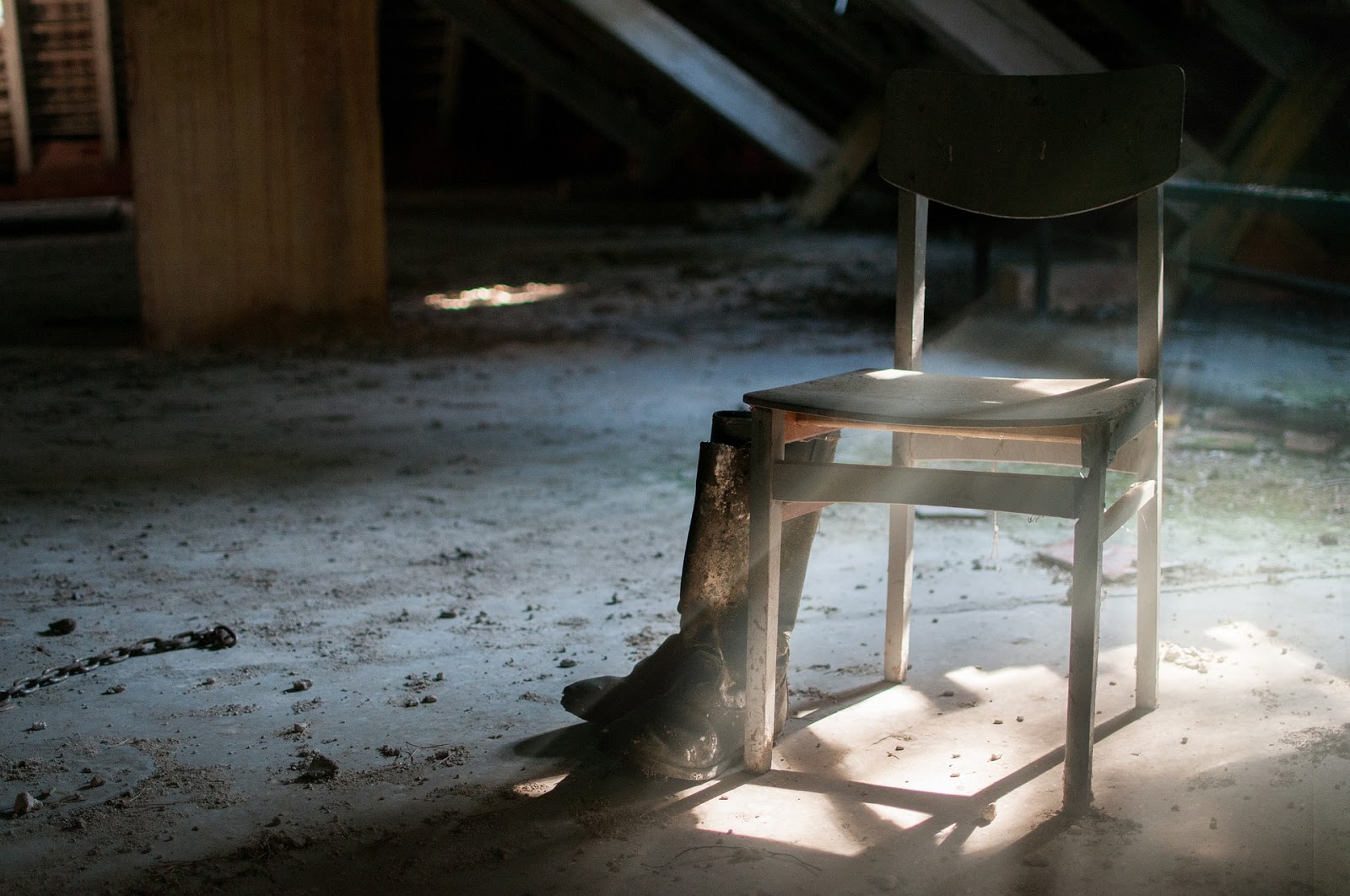What First-Time Homeowners Should Consider When Purchasing a Fixer-Upper
If you’re considering a fixer-upper, start by researching properties in your area. Note that the average listing price for a home in Lexington is about $1.27M; that puts a fixer-upper in the area at an average of about $766,360, since homes needing improvements usually cost about 8 percent less than market value. It’s important not to rush this process, as you have to make sure your timing and the home itself are right. For example, if the cost of the home and the repairs exceed the price of homes in the neighborhood, it’s a bad investment, as resale value is important. Even if you do your own research, you’re always best off having an experienced buyers agent on your side. Your agent can help you make an even more informed decision by walking you through recent comps on both homes that need renovations and those that have been completed.
Lastly, consider how much time you have to commit to repairs and what your level of expertise is, as anything you’re not doing yourself will require hiring a pro, which will affect your budget. If you think you’ve got what it takes, here’s what to consider when renovating your new abode.
DIY Versus Pro
There are several things to consider before diving into a home project or hiring a pro. For example, you should create a timeline that prioritizes projects that are the most urgent, such as a leaking roof or electrical problems. Consider projects that will add value to your home, but make sure they make sense in your market. Set a budget, and look into the right form of funding if it’s needed. It’s also crucial that you find the right contractor so you don’t get scammed. Lastly, evaluate your level of expertise to determine which projects you’ll be able to handle on your own and which will require the help of a pro.
DIY Projects
To prevent being unable to finish a task, take an inventory of your tools and equipment to make sure you have everything you need, including power tools (like a drill, sander, and jigsaw), hammers, screwdrivers, safety equipment, and a good flashlight.
Some of the best DIY remodeling projects include:
-
adding curb appeal
-
changing lighting fixtures and hardware
-
swapping out a sink
-
replacing doors
-
adding molding
-
painting or wallpapering walls and/or doors
-
patching wall holes
-
creating extra storage space
-
installing dimmer switches
-
redoing kitchen backsplashes
There are also more aesthetically creative projects to consider, such as installing a walkway, building a gazebo, creating an eye-catching deck, and creating a cozy loft space within a room.
When to Hire a Pro
Skill level, safety, cost, and aesthetics are the top reasons to hire a pro. Not only are some projects dangerous, but many of them require a permit or license, which is something a professional will be privy to. So, if you have any structural issues, electrical or plumbing problems, a tree that needs to be removed, a roof in need of repair, insulation to install, or masonry work or major tiling needing to be done, research a variety of pros in your area to handle these duties.
Keep in mind that if you plan on flipping your house, you need to do so as soon as possible to avoid losing money. You’ll have to deal with utilities, homeowners insurance, upkeep, and your loan payment if applicable. It’s also challenging to keep the home looking brand new for a long period of time. Make an effort to keep your contractors on track, market your property online, and accept a cash offer over a financed one so you can flip faster.
Purchasing a fixer-upper might seem exciting, but it’s not a decision to make lightly. Do your research, check your finances, and make sure you’re ready for some hard work. But when all is said and done, you’ll have a house that’s ready for a family.
Thank you to my Guest Contributors


 Facebook
Facebook
 X
X
 Pinterest
Pinterest
 Copy Link
Copy Link


